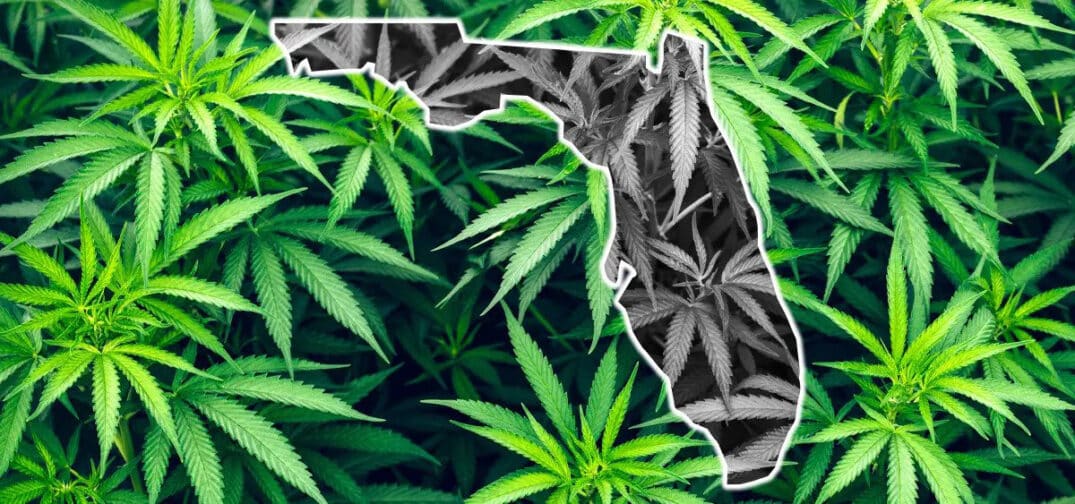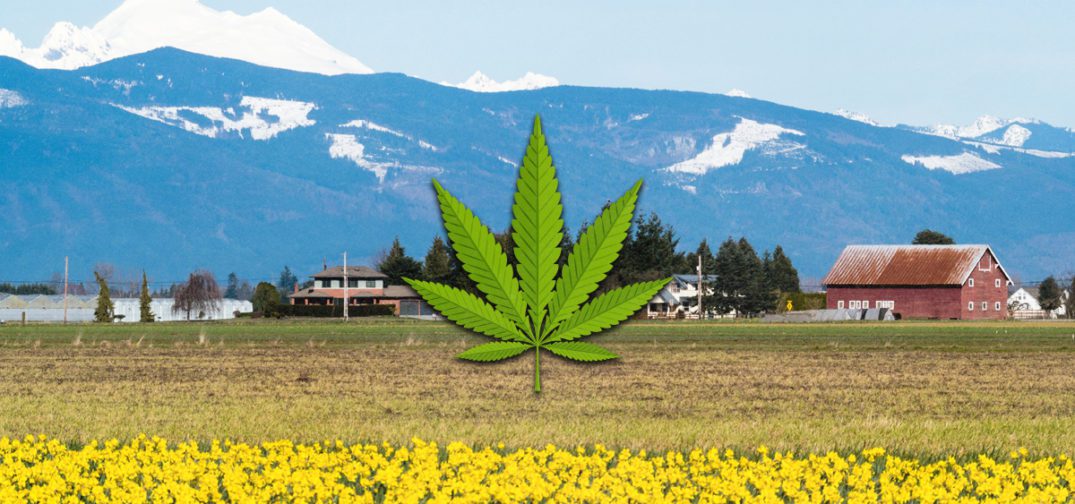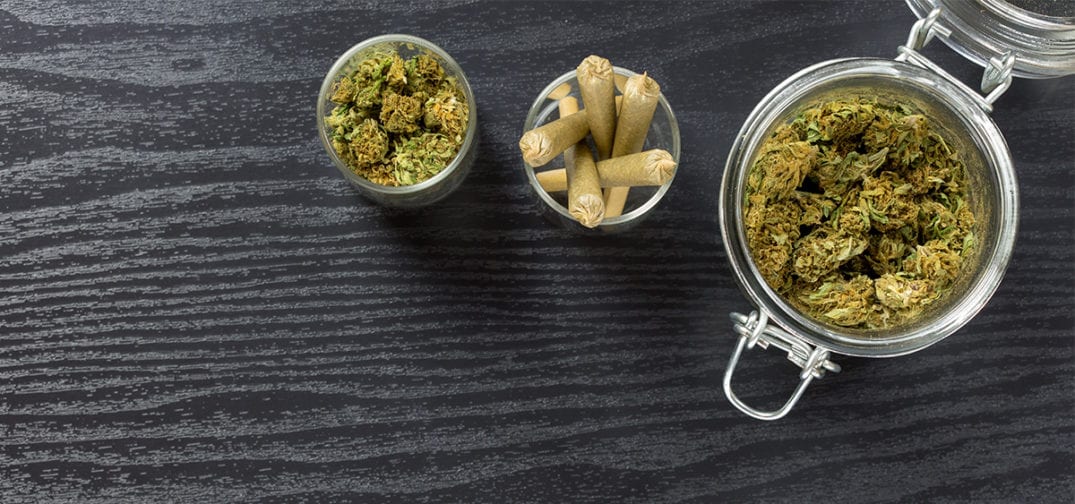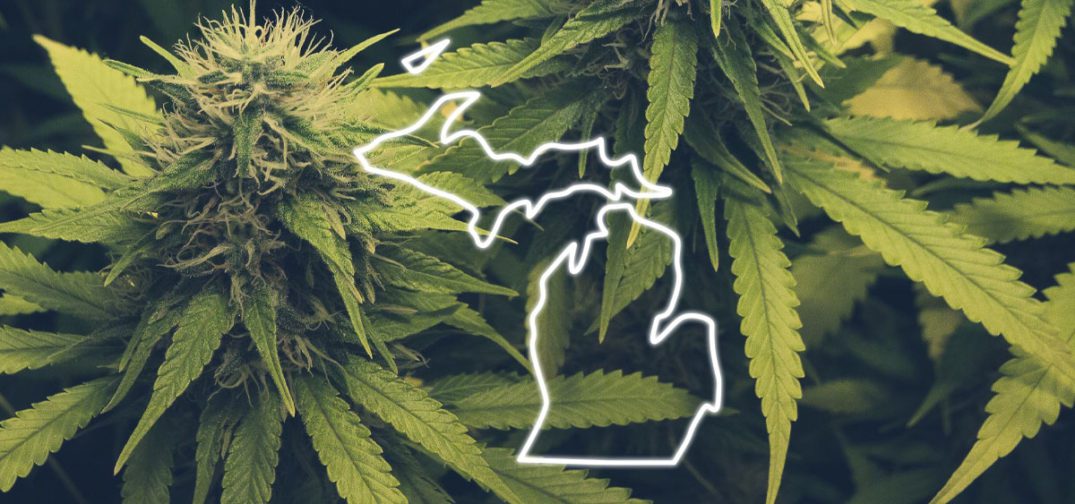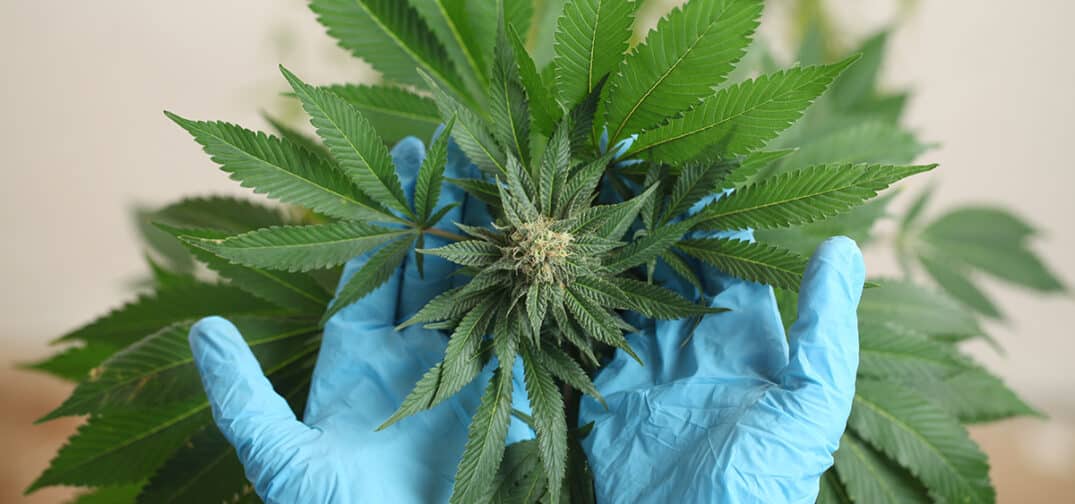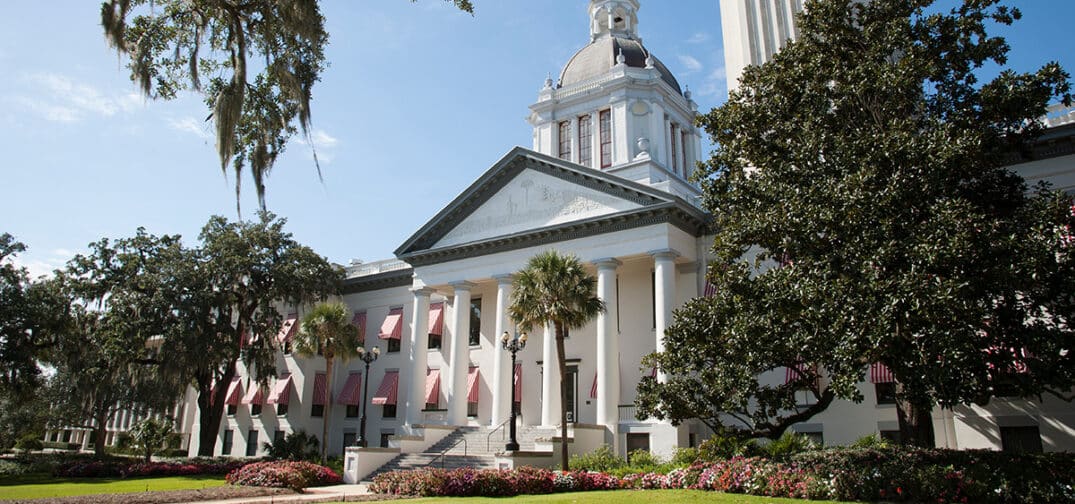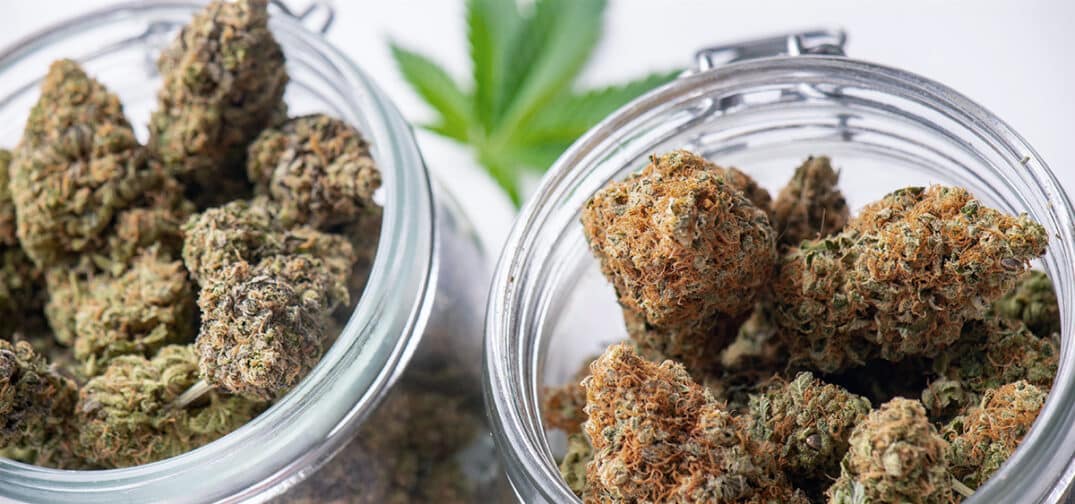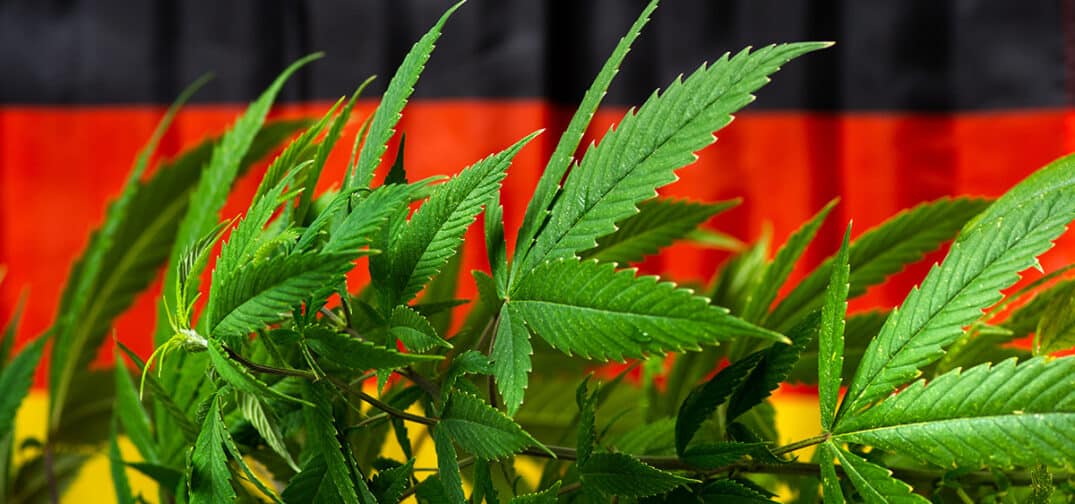Automating pre-roll production in your business is necessary for you to compete on a large scale. The current industry default is to turn to stuffed pre-roll cone machines, but as you’ve likely experienced firsthand, a stuffed pre-roll cone burns unevenly and runs like crazy, leading to a not-so-great customer experience.
On the other hand, a rolled pre-roll burns better, hits harder, costs less to produce, and can now be automated thanks to the RollPros Blackbird automated pre-roll machine. Check out our breakdown of the reasons below.
1) Rolled Pre-Rolls Are More Potent
Businesses that use automated stuffed cone machines short their customers on valuable cannabinoids. Those machines require heavily ground and dried flower. (We’re talking moisture content as low as 6-8%.) Over-drying flower can degrade cannabinoid content, and over-grinding it can knock off what few trichomes remain.
After the flower is dried and ground, pre-roll stuffing machines use either a tamping or vibrating system to pack the cone. Both of these actions also destroy and knock off valuable trichomes. Essentially, to create machine-stuffed cones, you have to sacrifice the very thing your consumers are paying for—potency.
Now, enter RollPros BlackBird. This machine rolls pre-rolls just like you would by hand but on a much larger scale (about 750 per hour on average). The machine works best with sticky bud containing at least 10% moisture content and never tamps or shakes the flower. It also minimizes contact points compared to hand-rolling, avoiding sticky fingers (or machine parts) that could strip away those precious trichomes.
2) Rolled Pre-Rolls Are Cheaper To Produce
The backend logistics of using a machine to stuff pre-roll cones cost you more money. Pre-roll cones must be shipped as cones to maintain the integrity of their shape which means you’re paying for a lot of empty space. This not only costs you more, but it also greatly increases your brand’s carbon footprint.
In contrast, the RollPros BlackBird rolling machine utilizes paper in bobbin form (picture a roll of paper, like wrapping paper or paper towels, minus the perforations). Because paper bobbins are small and stackable, you can significantly reduce your consumable materials costs by up to 80% when you consider shipping time and cost ($0.03 per unit for a rolled pre-roll versus $.10 – 0.15 per unit for a stuffed pre-roll cone).
To put it plainly: one pallet of bobbins can yield approximately 24 million joints, while it would take over 60 pallets to ship the same amount of pre-roll cones.
Additionally, the finer grind and lower moisture content that cone-stuffing machines require are not only destroying the trichomes on your flower, they’re costing you money. A 1g joint created by a cone-stuffing machine that requires 6% moisture content will require more flower to hit that weight than a 1g joint rolled by the Blackbird with flower at 10% moisture. (And that’s before we consider the extra flower that’s needed because of the fine grind that cone-stuffing machines require.) This is a direct hit to your bottom line. It’s also an indirect hit to your bottom line because the machine is forcing you to put out an inferior product, making it harder for your brand to earn consumer loyalty.
3) Rolled Pre-Rolls Burn Better
Stuffed pre-roll cones are notorious for their uneven burn, but that unevenness is inevitable when working with a cone-stuffing machine. The tamping mechanism that packs a cone forces more flower near the crutch of a pre-roll and less near the tip, pretty much guaranteeing an uneven pack and burn.
Pre-rolls rolled with the Blackbird don’t have this issue because the machine compresses the flower evenly in every direction before twisting one up. (If you really want to nerd out, that’s called radial compaction.) And to double-ensure consistency, pair your machine with a DrawCheck unit, another first for RollPros: the only air flow tester on the market specifically built for pre-rolls. The DrawCheck gives you a quantifiable number so you can ensure that the airflow of every batch of pre-rolls is to spec, with a perfect pull. That type of consistency is how you earn consumer loyalty.
4) Rolled Pre-Rolls Are More Sustainable
Apart from the massive carbon emissions that come with shipping pre-roll cones (only about 250,000-350,000 cones can be shipped on a pallet at a time), pre-roll cones have another negative impact on both people and planet that’s often overlooked. Most pre-roll cones are made by hand in India, Indonesia, China, and other countries with less-than-transparent labor laws.
Knowing this, we made a point to develop sustainable and ethical manufacturing methods. Nearly every component of the BlackBird machine, with only a few specific exceptions, is produced within 10 miles of our headquarters in Vancouver, Washington.
Let’s Get Rolling
Stuffed pre-roll cones were a quick answer to states just trying to get their markets off the ground, but time has passed, and they’re no longer the best option for pre-roll brands trying to stand out in saturated markets. If you’re one of those brands, or if you’re looking to enter the pre-roll scene and want to make a splash, the RollPros Blackbird is the automated pre-roll machine to do the job. Not only is it more ethical and sustainable, it flat-out creates a better product than any automated pre-roll stuffing machine simply by design.
When you’re ready to get rolling with RollPros, let us know! We offer free live demos over Zoom to show you exactly how the machine works. Book your demo now.


